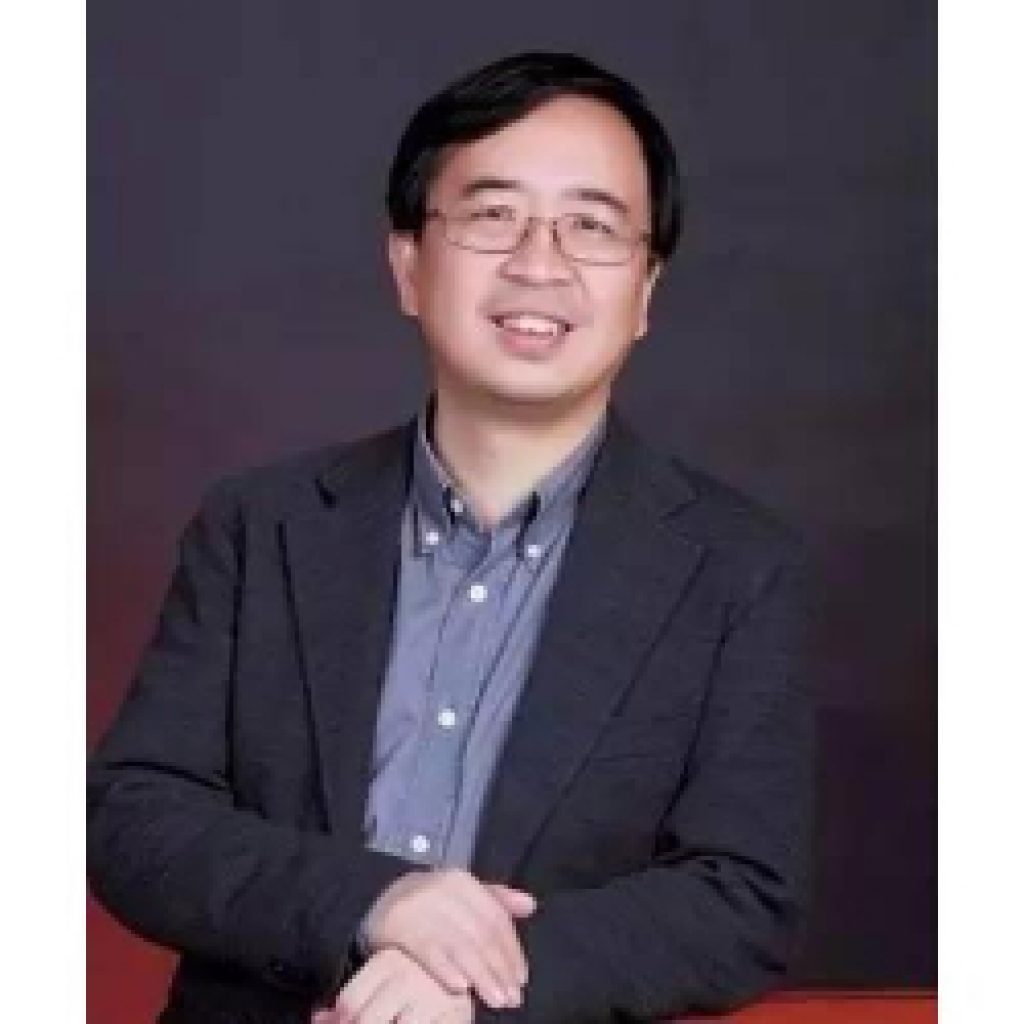(ElPais) China’s Jian-Wei Pan was recently interviewed by EL PAIS’ Raul Limon. Inside Quantum Technology News summarizes here:
Jian-Wei Pan, 51, a 1987 graduate of the Science and Technology University of China (USTC) and a PhD graduate of Vienna University, leads one of the largest and most successful quantum research teams in the world, and has been described by physics Nobel laureate Frank Wilczek as “a force of nature.”
Last year, a group of researchers put forward the idea in the journal Nature that an alternative to quantum theory based on real numbers can be experimentally falsified. The original proposal was a challenge that has been taken up by the leading scientist in the field, Jian-Wei Pan, with the participation of physicist Adán Cabello, from the University of Seville. Their combined research has demonstrated “the indispensable role of complex numbers [square root of minus one, for example] in standard quantum mechanics.”
Pan’s leadership in the research has been fundamental. “The experiment can be seen as a game between two players: real-valued quantum mechanics versus complex-valued quantum mechanics,” he explains. “The game is played on a quantum computer platform with four superconducting circuits. By sending in random measurement bases and measuring the outcome, the game score is obtained which is a mathematical combination of the measurement bases and outcome.
The experiment was developed by a team from USTC and the University of Seville to answer a fundamental question: Are complex numbers really necessary for the quantum mechanical description of nature? The results exclude an alternative to standard quantum physics that uses only real numbers.
Thus, the discovery provides not only a way forward in the development of quantum computers, but also a new way of approaching nature to understand the behavior and interactions of particles at the atomic and subatomic level.
Jian-Wei Pan believes: “Building a practically useful fault-tolerant quantum computer is one of the great challenges for human beings,” he says. “I am more concerned about how and when we will build one. The most formidable challenge for building a large-scale universal quantum computer is the presence of noise and imperfections. We need to use quantum error correction and fault-tolerant operations to overcome the noise and scale up the system. A logical qubit with higher fidelity than a physical qubit will be the next breakthrough in quantum computing and will occur in about five years. In homes, quantum computers would, if realized, be available first through cloud services.”
The goal of having computers with millions of qubits is still a long way off, since most current quantum computers, according to Cabello, “only have a few qubits and not all of them are good enough.” However, the results of the Chinese and Spanish team’s research make it possible to expand the uses of existing computers and to understand physical phenomena that have puzzled scientists for years.
In Spain, a consortium of seven companies – Amatech, BBVA bank, DAS Photonics, GMV, Multiverse computing, Qilimanjaro Quantum Tech and Repsol – and five research centers – Barcelona Supercomputing Center (BSC), Spanish National Research Council (CSIC), Donostia International Physics Center (DIPC), The Institute of Photonic Sciences (ICFO), Tecnalia and the Polytechnic University of Valencia (UPV) – have launched a new project called CUCO to apply quantum computing to Spanish strategic industries: energy, finance, space, defense and logistics.
